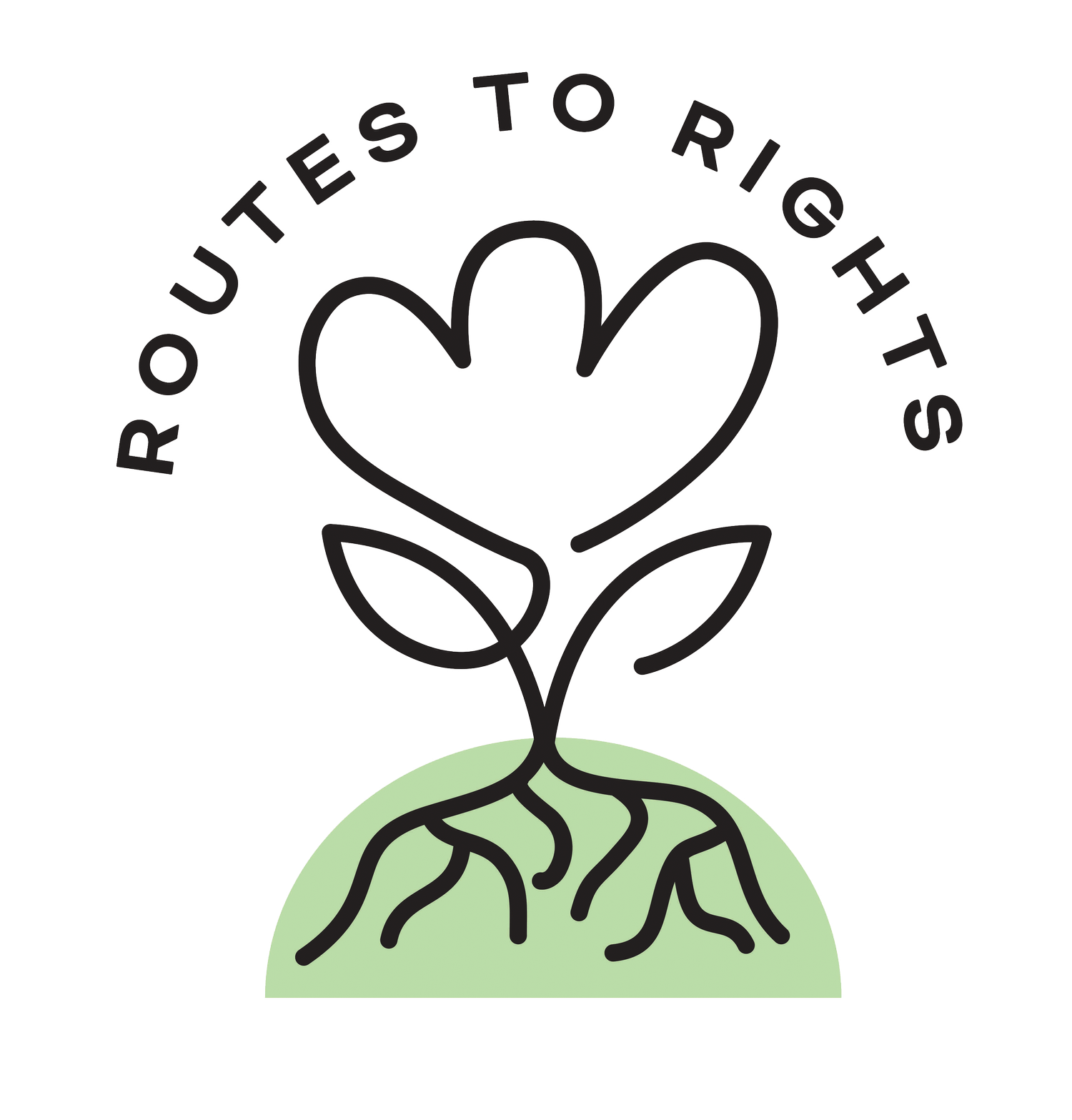
Learning Programme
R2R Learning Programme: Putting People’s Rights into Practice
The core purpose of our learning programme is to empower professionals to uphold and implement people’s rights in everyday practice.
We offer facilitated, multi-agency group sessions, supported by a range of online materials.
Our approach stands apart from traditional education in two key ways:
Collaborative, cross-sector learning: We bring together professionals from a variety of services and agencies to explore shared challenges. By exchanging insights and experiences, participants work collaboratively to drive meaningful change at a local level.
Real stories, real impact: Through personal stories and guided discussions, we create space for honest conversations about what really happens on the ground. We focus on what matters most to the people who seek support, and explore the barriers—and opportunities—in delivering the care they need. Our sessions are inclusive, interactive, and grounded in real-world experience.
This learning fosters greater awareness of people’s rights—particularly in the context of long-term conditions and end-of-life care. It also strengthens local networks by building deeper connections between services and agencies. Both are essential to improving access to care and the quality of support people receive.
Routes to Rights facilitated learning is focussed around 4 main themes:
Underserved groups and end of life
What do you call ‘end of life’?
Excluded groups around end of life - who misses out?
Drivers of exclusion
Improving access to services and fostering the right attitudes
Introducing social welfare legal needs
The relevance of law to health
Introducing social welfare legal needs: what are they and what impact do they have?
The experience of informal carers; what are their rights and what support is available?
Responding to social welfare legal needs
What’s happening now?
Responding to social welfare legal needs as individual practitioners
Transactional versus relational public services
Building a system response to social welfare legal needs
Clinical decisions and choice: rights and responsibilities
Sharing decisions - supporting choice in daily practice
Good clinical decision-making around end of life
Implementing the Mental Capacity Act in practice: what makes this hard and what needs to change?
Supporting choice through planning in advance
If you would like to commission a Facilitated Learning Event on any of the themes described, contact us using the button below:

